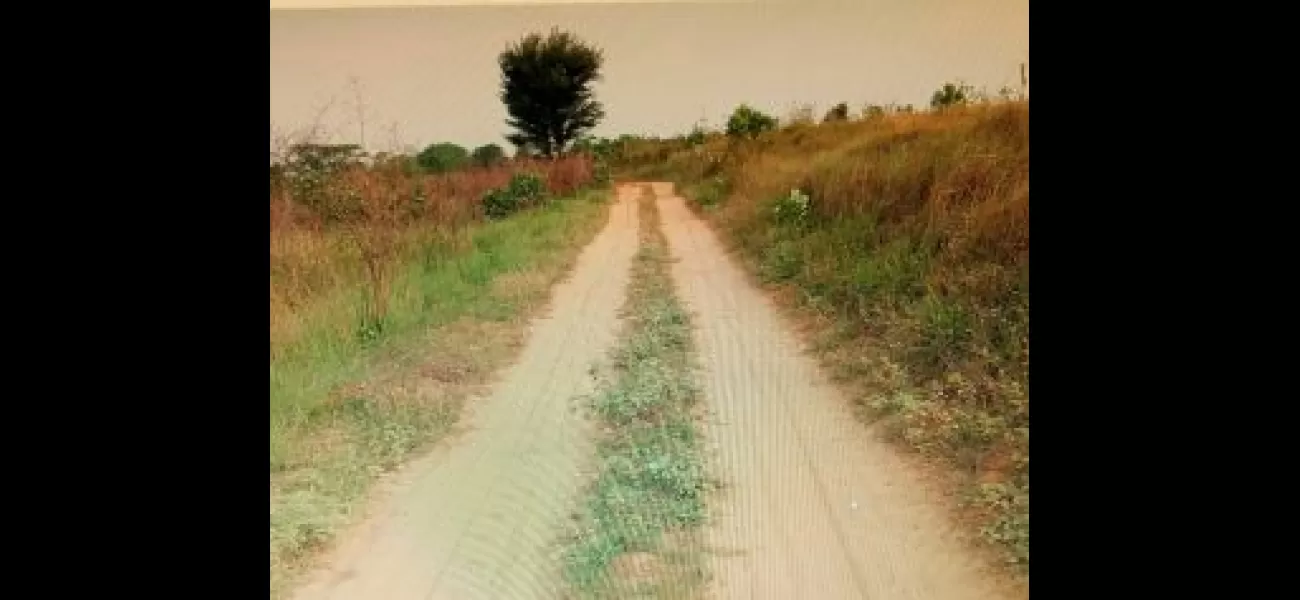A satellite survey has discovered major fraud in the cultivation of rice.
Satellite survey in Sonepur reveals fraudulent paddy cultivation on 9,018 plots during 2023-24 Rabi season by farmers and landowners.
May 20th 2024.

In the district of Sonepur, a recent satellite survey has uncovered a fraudulent scheme that some farmers and land owners have been participating in. It appears that during the 2023-24 Rabi season, paddy or rice was not actually grown on 9,018 registered plots, as was originally claimed. These plots were supposedly owned by both farmers and women's self-help groups, who had registered their names with the Primary Agricultural Cooperative Societies in order to receive government benefits for paddy cultivation.
However, it has been discovered that instead of cultivating their own paddy, these individuals were purchasing it from other states and then selling it at government-fixed rates, resulting in significant profits. Unfortunately, this deceitful behavior has had negative consequences for the genuine paddy farmers who have missed out on the government benefits they were entitled to. Upon further investigation, it was found that the plots registered as farmland were actually abandoned grasslands, water bodies, and non-cultivable land.
The satellite survey was conducted by several departments, including Revenue, Agriculture, and Cooperatives, after receiving numerous reports of fake registrations. Once the survey report was obtained, officials began physically examining the 10,208 suspicious plots. As a result, it was discovered that there had been a widespread practice of registering non-existent plots as paddy cultivation lands. During the 2023-24 Rabi season, paddy was cultivated on 34,000 hectares of irrigated land in Subarnapur district, yet only 12,959 plots were registered as having been used for paddy cultivation.
Further investigation revealed that a total of 35,580 farmers had registered with 60 PACS and 37 women SHGs in order to sell their paddy crops. However, a field survey conducted by a team consisting of a revenue inspector, village-level agriculture worker, and representatives from various PACS and SHGs uncovered 191 cases of fraudulent registrations, resulting in those individuals being removed from the list. Unfortunately, this was only the beginning, as the satellite survey later revealed that there were approximately 10,208 plots that had been falsely registered.
In order to confirm their findings, officials conducted a physical survey of the doubtful plots and found that a staggering 9,018 of them did not actually exist. Photos of these non-existent plots were then uploaded to various department websites. However, by that time, many of the fraudulent individuals had already benefited from their deceitful actions. The Food Supplies and Consumer Welfare Department has since announced that no tokens will be issued to farmers or land owners without a physical survey of their plots, in order to prevent any further fraudulent behavior.
Meanwhile, the district-level paddy procurement is scheduled to begin on May 22, and many farmers' organizations in Subarnapur district have urged officials to thoroughly survey any suspected plots before issuing any tokens. It is clear that this fraudulent scheme has had serious consequences for genuine paddy farmers, and it is important for the authorities to take necessary measures in order to prevent such deceitful behavior in the future.
However, it has been discovered that instead of cultivating their own paddy, these individuals were purchasing it from other states and then selling it at government-fixed rates, resulting in significant profits. Unfortunately, this deceitful behavior has had negative consequences for the genuine paddy farmers who have missed out on the government benefits they were entitled to. Upon further investigation, it was found that the plots registered as farmland were actually abandoned grasslands, water bodies, and non-cultivable land.
The satellite survey was conducted by several departments, including Revenue, Agriculture, and Cooperatives, after receiving numerous reports of fake registrations. Once the survey report was obtained, officials began physically examining the 10,208 suspicious plots. As a result, it was discovered that there had been a widespread practice of registering non-existent plots as paddy cultivation lands. During the 2023-24 Rabi season, paddy was cultivated on 34,000 hectares of irrigated land in Subarnapur district, yet only 12,959 plots were registered as having been used for paddy cultivation.
Further investigation revealed that a total of 35,580 farmers had registered with 60 PACS and 37 women SHGs in order to sell their paddy crops. However, a field survey conducted by a team consisting of a revenue inspector, village-level agriculture worker, and representatives from various PACS and SHGs uncovered 191 cases of fraudulent registrations, resulting in those individuals being removed from the list. Unfortunately, this was only the beginning, as the satellite survey later revealed that there were approximately 10,208 plots that had been falsely registered.
In order to confirm their findings, officials conducted a physical survey of the doubtful plots and found that a staggering 9,018 of them did not actually exist. Photos of these non-existent plots were then uploaded to various department websites. However, by that time, many of the fraudulent individuals had already benefited from their deceitful actions. The Food Supplies and Consumer Welfare Department has since announced that no tokens will be issued to farmers or land owners without a physical survey of their plots, in order to prevent any further fraudulent behavior.
Meanwhile, the district-level paddy procurement is scheduled to begin on May 22, and many farmers' organizations in Subarnapur district have urged officials to thoroughly survey any suspected plots before issuing any tokens. It is clear that this fraudulent scheme has had serious consequences for genuine paddy farmers, and it is important for the authorities to take necessary measures in order to prevent such deceitful behavior in the future.
[This article has been trending online recently and has been generated with AI. Your feed is customized.]
[Generative AI is experimental.]
0
0
Submit Comment





